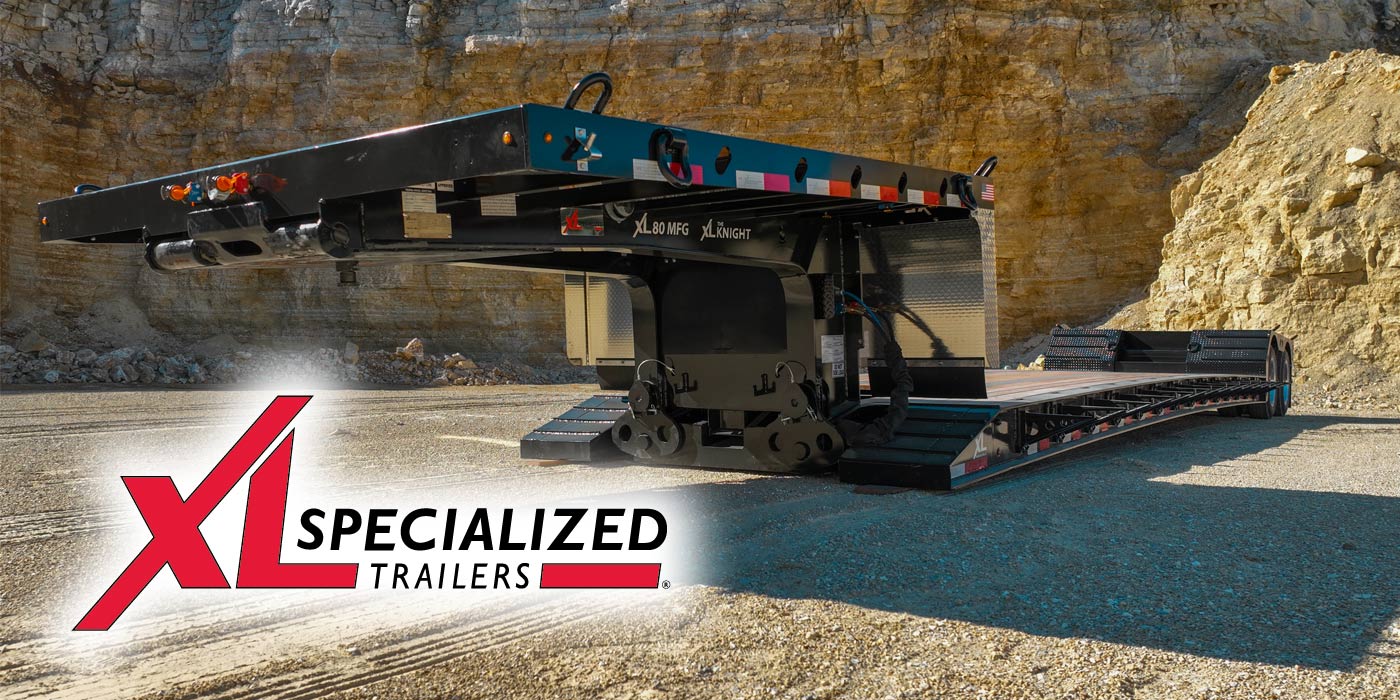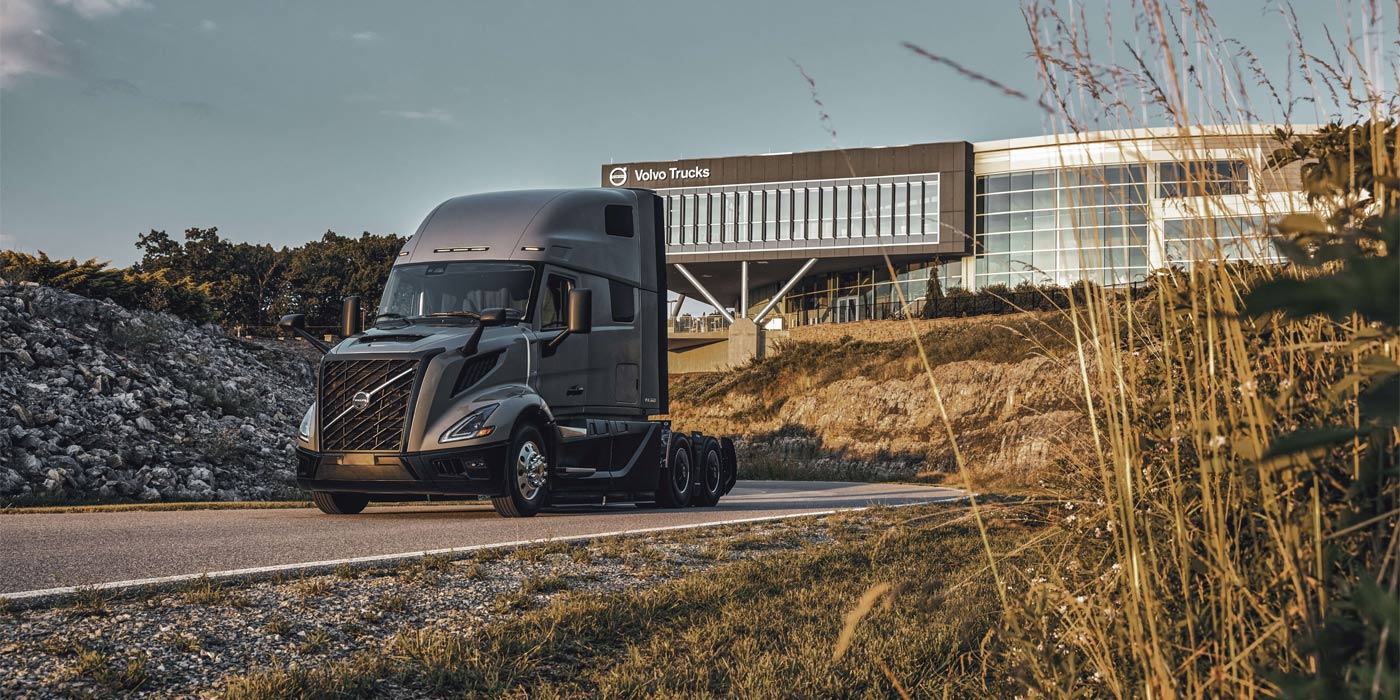According to a strategy document issued May 2014 by the U.S. Food and Drug Administration (FDA), planning has begun for the next phase of Food Safety Modernization Act (FSMA) implementation. The act shifts the focus of how the United States regulates the safety of its food supply from responding to food safety issues reactively to a proactive approach of preventing problems from occurring in the first place. The act directs the FDA to establish standards for the adoption of modern food safety practices by those who grow, process, transport and store food. The document reinforces that the food industry is primarily responsible for food safety and for managing “operations and supply chains in a manner that provides documented assurances that appropriate preventive measures are being implemented as a matter of routine practice every day.”
Gayatri Abbott director, smart products and telematics, for Thermo King, reports that the proposed FSMA rule on “Sanitary Transportation of Human and Animal Food,” scheduled to take effect in 2016, will have a significant impact on the refrigerated transport industry. Among other requirements, the rule as currently written will mandate that carriers and shippers maintain written procedures and records related to transportation equipment cleaning, prior cargos and temperature control.
Fortunately for refrigerated fleet operators and shippers, technologies are available that enable them to comply with these impending regulations, meet the record-keeping demands of customers, protect food safety, reduce spoilage and improve bottom-line performance—all at the same time. “In recent years,” Abbott says, ”operators of large refrigerated fleets have come to rely on a new generation of integrated asset management systems enabled by cellular and Wi-Fi technologies, as well as access to real-time information. These systems enable shippers and carriers to track assets, manage temperatures and monitor reefer unit alarms to ensure cargo integrity.”
Intuitive dashboards can be used to monitor temperatures, door openings and fuel levels; change set points and other control parameters; change operating modes; and respond to alarms using any computer, tablet or smart phone connected to an operators’ existing secure network. Today’s most capable temperature and asset management systems can provide traceability, improve the operator’s efficiency and reduce operating costs by integrating with existing logistics and dispatch systems. This enables the ability to manage the whole fleet from one system, providing real-time control and monitoring capabilities.
“The best systems are enabled by telematics, which helps operators track, transmit and record critical performance data to meet the current needs of customers,” Abbott notes. “In the future, telematics will help customers document compliance with food safety regulations.”
With these capabilities, shippers and operators have proof-of-compliance data readily available. At any point in a given journey, they can prove that the trailer was pre-cooled to the right temperature, the unit was alarm free, door openings were kept to a minimum and cargo was secure and delivered at the right temperature. These features enable accurate and verifiable condition-reporting to customers, reducing the incidence of expensive spoilage claims and the potential for litigation.
“One example is the TracKing asset management solution by Thermo King,” Abbott says. “The TracKing solution uses a web-based telematics system embedded in the refrigeration unit control system. It has reliable data capture and storage capabilities and the ability to generate proof of delivery reports. The TracKing solution integrates with shipper bill of lading systems so that actual trailer temperature can be maintained within range of the desired cargo temperature throughout the journey. The system monitors trailer arrival and departure times at geo-fenced locations and flags trailers with temperatures out of range while loading and stationary refrigerated trailers that run empty.”
The most capable asset management systems also have mapping, alarm and notification features that improve security and reduce risk. They can detect unauthorized movements, door openings and fuel drops to prevent the loss of cargo and equipment.
Today, many maintenance tasks being performed by technicians or drivers can now be done remotely using telematics systems, Abbot notes. This saves time and labor costs, while allowing drivers and technicians to spend time on more important tasks.
Advanced asset management systems have an important role to play as carriers and shippers prepare to meet the requirements of impending food safety regulations, satisfy customers’ current and future tracking and reporting requirements, and improve profitability. These systems and controls help drivers and fleets preserve the integrity of cargos by giving them the tools needed to prove delivery conditions, reduce spoilage and ensure that the refrigerated transportation industry does its part to protect the integrity and safety of the nation’s food supplies.













